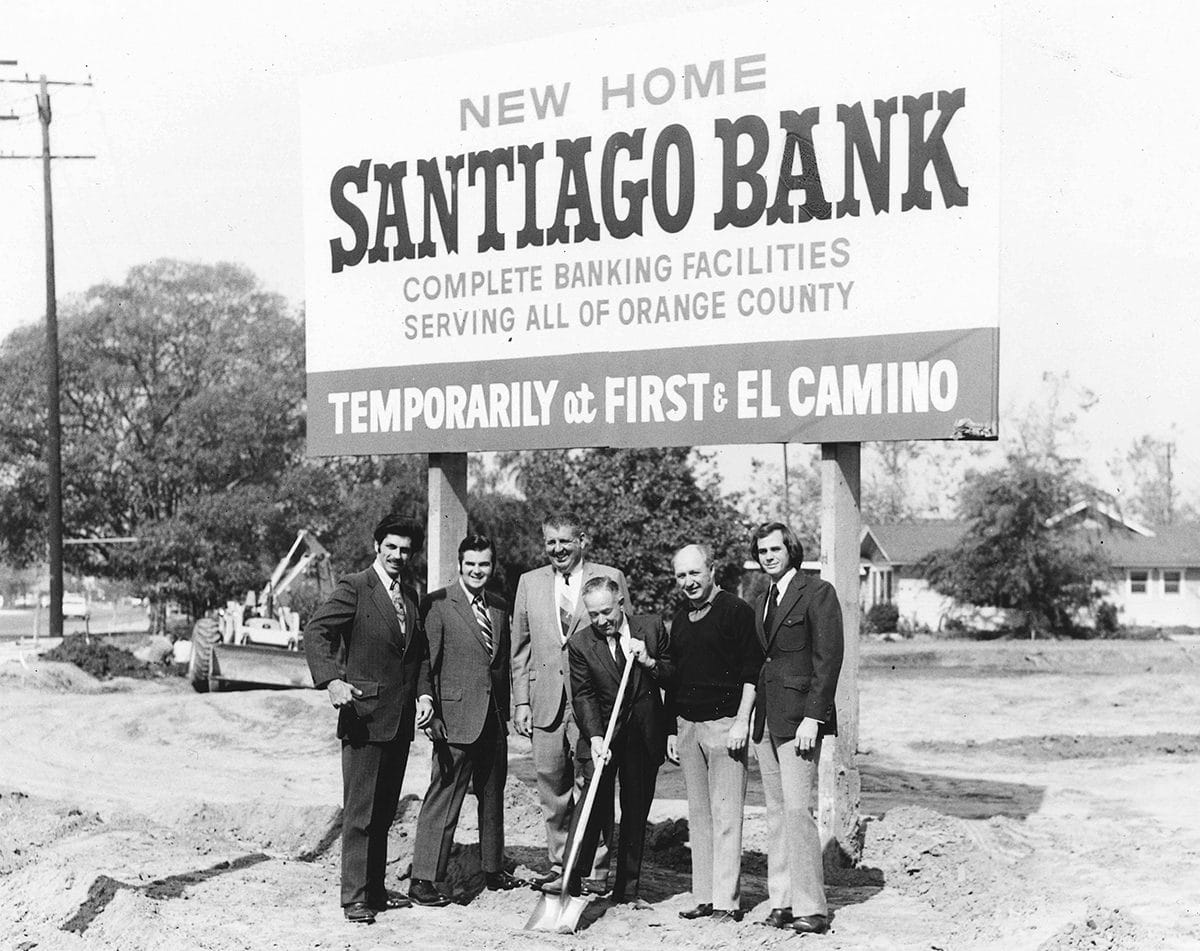CardsFTW #91: Fintech and Finserv
Plus, More on Overdraft Fees
Last week, fintech startup Torpago, fintech public company Marqeta, and legacy financial institution Sunwest Bank announced a triparty agreement to launch a new expense management card: the Sunwest Visionary Card.

Sunwest is a $2.7B community bank with a state charter, headquartered in Utah but operating primarily in Southern California. Although I am a local to the bank, I was not familiar with them (see my special section below for more!). This Sunwest Bank focuses on business banking, highlighting traditional core functions like local commercial lending and deposit management. Key features highlighted on their website include Positive Pay and Lockboxes (something the average fintech person doesn't know much about).
Torpago was founded in 2019 and backed by folks like BankTech Ventures. According to Crunchbase, the company has raised more than $84M, including debt. Torpago has built a commercial purchasing card much like those made hot by Brex and Ramp. A key difference is in Torpago's go-to-market approach of partnering with community banks to upgrade (or create) their corporate card solutions.
The Torpago card is processed on Marqeta's platform.
OK, so why did this stick out to me as interesting news?
First, I was distracted by the Sunwest Bank name (again, see below).
Second, there is a definite shift to more fintech companies trying to sell to or through traditional financial services institutions. See folks like HM Bradley pivoting from direct-to-consumer to selling to banks or Petal's Prism Data spin-out. Conventional wisdom in fintech land is that banks will pay more and are less likely to go out of business (maybe true). They are also definitely going to take longer to make a decision and buy something than a consumer or a fellow fintech.
Third, this news is another marker on the path of fintech startups servicing traditional commercial payments businesses. For so long, fintech startups of note have been focused on consumer payments, especially the financially underserved. There's nothing wrong with that, and I think companies like Green Dot, Chime, and Current have all done well to build large businesses on this demographic. However, most consumers and businesses use traditional finserv banks. While they may miss out on better digital experiences, they also enjoy solid core functionality and things they need, like ... checks.
I don't think this deal is earth-shaking in the grand scheme. It is, however, another dot connecting a more significant trend of the convergence of fintech solutions and finserv capabilities and customers. Companies that have experienced rapid growth in this space (again, Brex, Ramp) will face challenges as traditional competitors with much broader service offerings and a smaller gap in digital experiences.
A Brief History of Sunwest Banks
Important background: I grew up in New Mexico.
Albuquerque National Bank was established on January 21, 1924, just 12 years after New Mexico achieved Statehood.

In the early 1980s, the Depository Institutions Deregulation and Monetary Control Act of 1980 led to tremendous changes in the US banking landscape. Key provisions of the Act included:
- Deregulation of Interest Rates
- Expansion of Lending Powers
- Improved Federal Reserve Control
As the regulatory environment evolved, many banks merged and changed their branding. The early 1980s saw Albuquerque National Bank change its name to SUNWEST Bank of Albuquerque, National Association, and combine with several local banks throughout New Mexico to join a singular SUNWEST brand.
SUNWEST was acquired by Charlotte, N.C.-based NationsBank, NA, in 1997. Following NationsBank's acquisition of Bank of America in 1999, SUNWEST changed its name to good old Bank of America.
So, I saw Sunwest and got all excited! Unfortunately, this is a different Sunwest. There are more than 4,500 banking institutions in the United States. Sometimes, it feels like they have only 100 names amongst them, though—bankers: not known for their marketing originality.
Overdraft Fees
Overdraft fees are the income on which many small banks thrive. We discussed it last week in CardsFTW #90. Since then, the CFPB issued its proposed rule for "Nonsufficient Funds (NSF) Fees for Instantaneously Declined Transactions."
The proposed rule would prohibit NSF fees on transactions that are declined instantaneously or near-instantaneously—that is, those declined with no significant perceptible delay after the consumer initiates the transaction. This prohibition would cover transactions involving the use of debit cards, ATMs, or certain person-to-person apps. The proposed rule would declare that charging such fees would constitute an abusive practice under the Consumer Financial Protection Act.
I love this. Banks don't have to allow you to overdraft. They do, supposedly, out of convenience to the user. However, it seems more like a convenient option for the bank, who can earn a high fee. Banks can and should decline transactions in real-time that cannot be approved or allow a small NSF for free. Users should not accidentally overdraft when they can be prevented from doing so.
CardsFTW
CardsFTW is a weekly newsletter, released most Wednesdays, that offers insights and analysis on new products in the credit and debit card industry for both consumers and providers. CardsFTW is authored and published by Matthew Goldman and Ellen Perl of Totavi, LLC. Totavi is a boutique consulting firm specializing in fintech. We bring real operational experience that varies from the earliest days of a startup to high-growth phases and public company leadership. Visit www.totavi.com to learn more.
*Indicates a company where Totavi, LLC has a business relationship.
